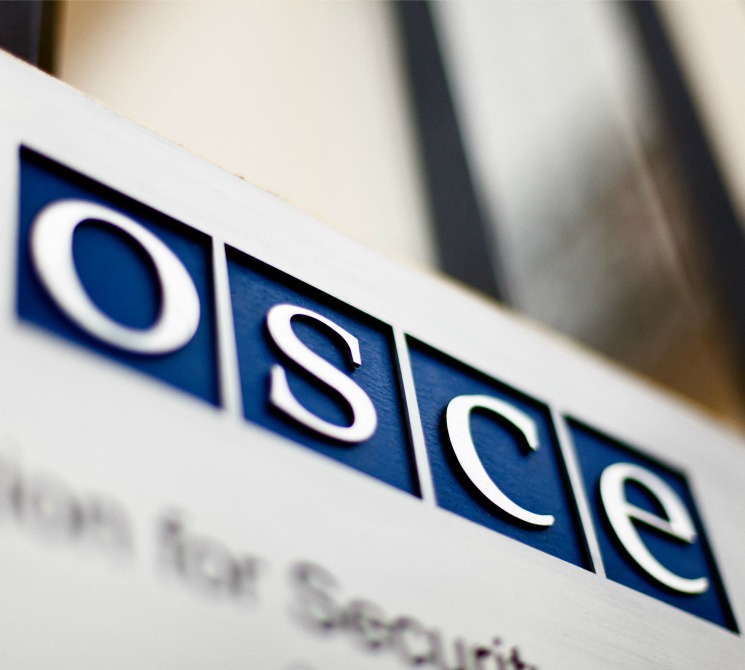At the briefing, an in-depth study examining the religious liberties laws and constitutional provisions of twelve countries: Austria, France, Germany, Greece, the Netherlands, Poland, Russia, Turkey, Ukraine, United Kingdom, the United States, and Uzbekistan formally released by the Helsinki Commission was discussed. The project was inspired by the agreement of OSCE participating States to “ensure that their laws, regulations, practices and policies conform with their obligation under international law and are brought into harmony with the provisions of the Declaration on Principles and other OSCE commitments.”
Various panelists addressed the issue of governments continuing to impose restrictions on individual religious liberties, despite a prior agreement to curtail anti-religious laws and governmental practices designed to prevent people from practicing or expressing their religious beliefs. Legal specialists from the Law Library of Congress emphasized a “frightening” trend in France to limit an individual’s right to freely express religious views or participate in religious activities, a Greek policy requiring one’s religious affiliation to be listed on government-issued identification cards, and Turkish raids on Protestant groups as examples of the violations of religious liberty that continue to plague these selected OSCE countries.






